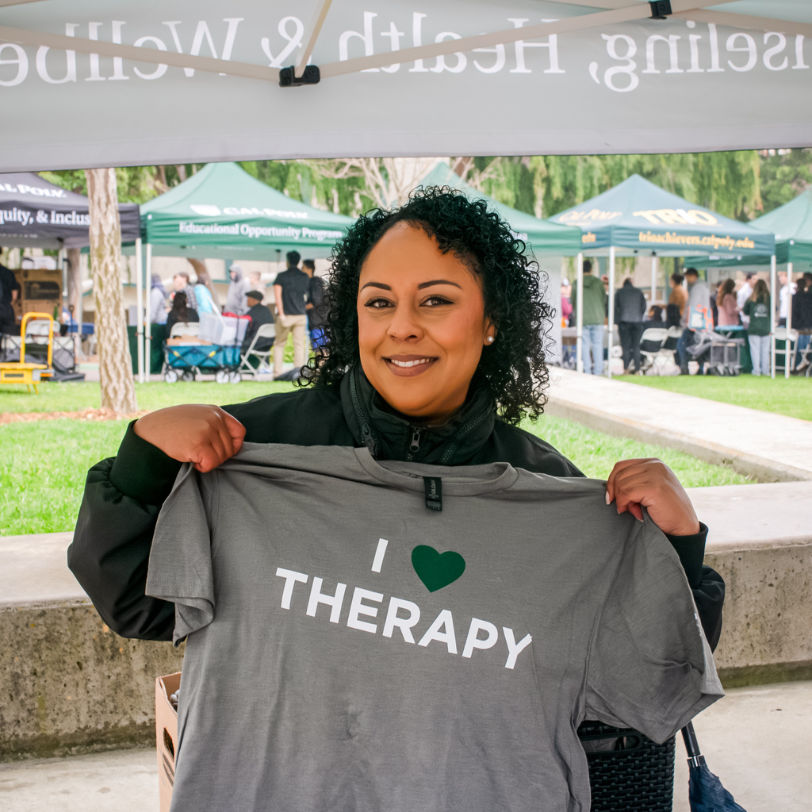You are being stalked

Stalking is a crime that can either be perpetuated in person or via technological means, known as cyberstalking.
What Do I Do If I'm Being Stalked?
- If possible, have a phone nearby at all times, preferably one to which the stalker has never had access.
- Treat all threats with the same regard and report them to law enforcement.
- Vary your routine. Take different routes to work or school, go to different stores, etc.
- Try to travel with others and stay in groups when out.
- Get an unlisted phone number. If possible, keep your old number connected to a voicemail or answering machine and save all messages left by the stalker/abuser. Please note, smart phones can be used as a means of stalking by an abuser. To learn more, click here.
- Do not interact with the person stalking or harassing you.
- Consider obtaining a protective order against the stalker.
- Keep a log of all incidents of stalking including: date/time of behavior, what the behavior was, and the names of any witnesses. Retain copies of any texts, messages or emails received from the stalker. Also, when possible, take pictures of the stalking behavior as part of your records. These can be incredibly important to prosecution.
- If you are being followed or are fearful for your immediate safety, consider going to a police station, fire station, emergency room—public areas may deter the stalking behavior.
- Go to the Stalking Resource Center for more help.
If you are cyberstalked:
- Send the person a clear, written warning not to contact you again
- If the stalking continues, get in contact with resources that can help you, such as Safer, RISE, the Women’s Shelter or the police.
- Print out copies of evidence such as emails. Keep a record of the stalking and any contact with police.
- Consider blocking messages from the harasser
- Change your email address
- File a complaint with the person's Internet Service Provider (ISP)
- Never post online profiles or messages with details that could be used to identify or locate you (such as age, sex, address, workplace, phone number, school, or places you hang out)
Source: Office on Women’s Health



